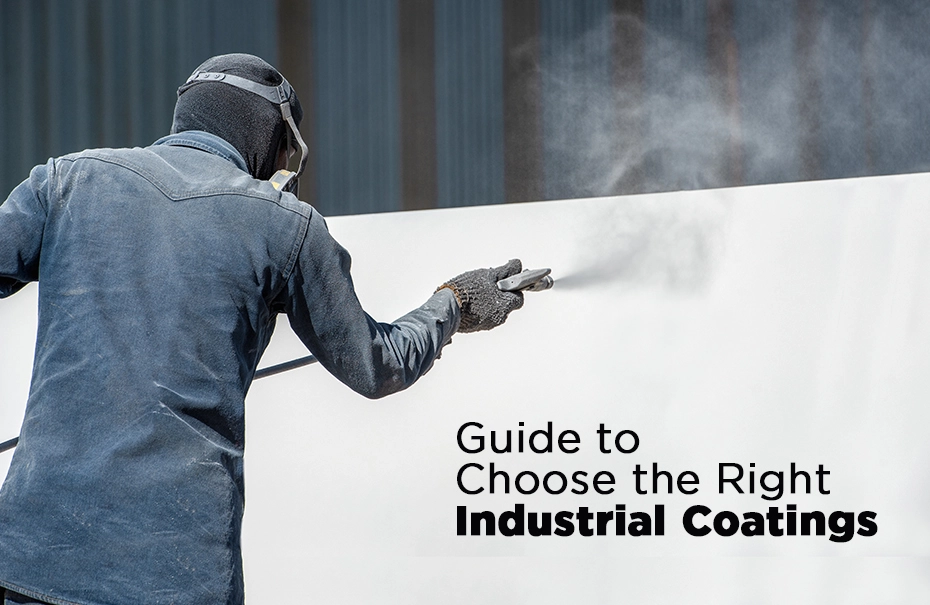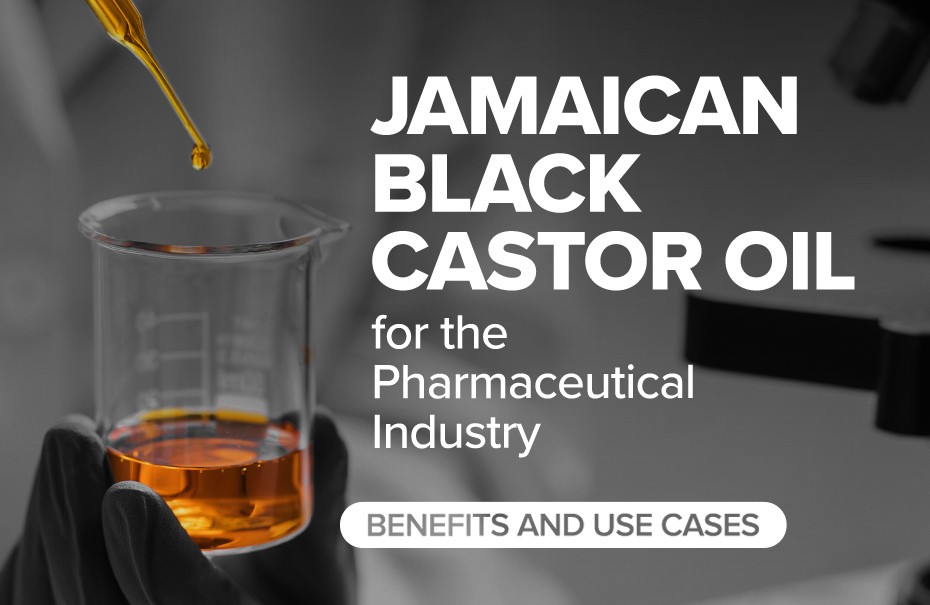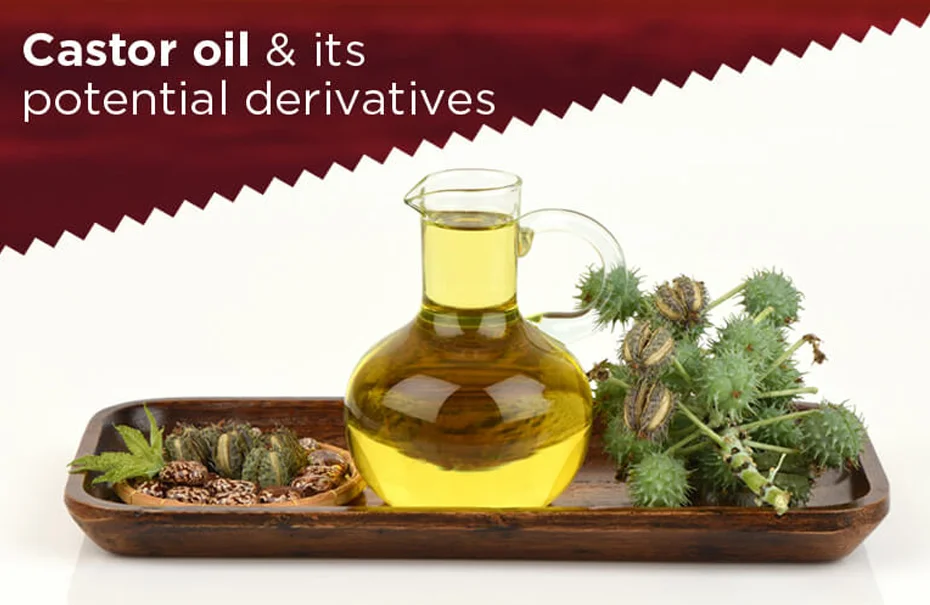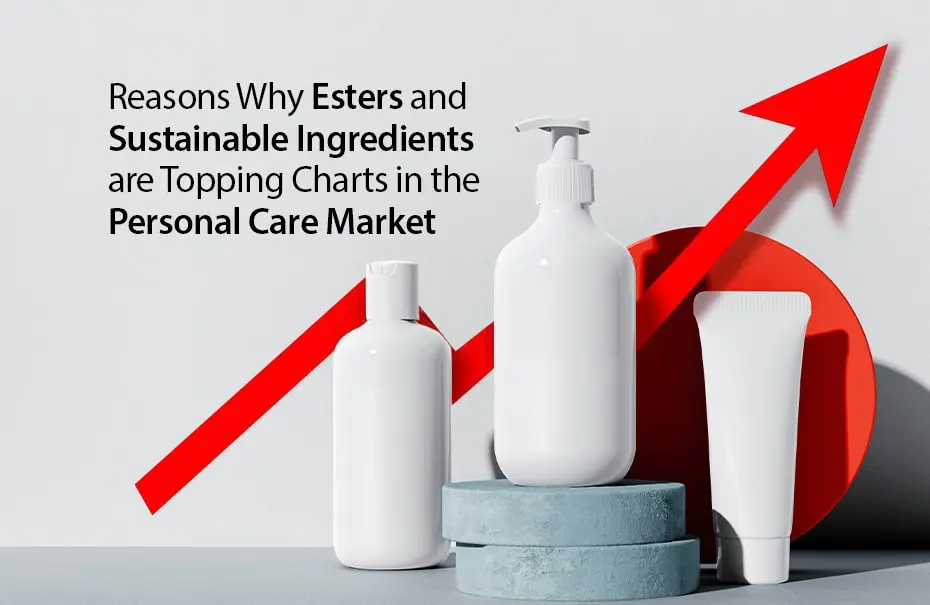Guide to Choose the Right Industrial Coatings

One can find industrial coatings everywhere. Industrial coatings are not merely used for aesthetic purposes but they protect a wide range of products from rust, decay, wear and tear. Industrial coating is somewhat like a barrier that stands in between the product and the environment. Materials such as metal, plastic, concrete are strong but they also require a protective coating to eliminate the chances of corrosion.
There are different types of coatings that come in different forms. One of the castor derivatives Hydrogenated Castor Oil is a great ingredient to make powdered form industrial coating. These coatings can be applied in different ways such as via brush, spray, etc.
But when it comes to choosing the right industrial coating, one needs to make a choice carefully. Each coating has its own merits and distinctive applications. There is a pool of industrial coatings to choose from, hence understanding the merits, costs, savings and other aspects vital in choosing the right industrial coating. There are some coatings that can work well across the board, while there are others that have a specific application.
This blog will take you down the various types of industrial coatings available. Knowing a little in-depth about the coatings will help you find the coating that aligns with your unique needs.
An array of Industrial Coating Methods Available
There is a wide range of techniques available for industrial coating. Let us look at some of the primary ones.
Painting
Painting is by far one of the most popular types of industrial coating. Paints can be applied through many different methods like powder coating, liquid coating or e-coating.
Electroplating
In this process of coating, a metal component is dipped in a bath containing a dissolved metal such as nickel, cadmium, copper, etc. Current is flown through it. This process helps coat a thin layer of metallic particles on the material. However, uniformity is difficult to achieve in this method and parts subjected to abrasion will require continuous repetition.
Anodizing
This method is commonly used with Aluminium. This process makes aluminium more resistant to corrosion and provides an adhesive surface that enables the possibility of additional coatings.
Hot Dipping
Hot Dipping is commonly known as galvanizing. This process requires the steel to be dipped into hot zinc, leading to the formation of a coating of the zinc oxide layer. The formed layer is resistant to rust.
Chemical Process
The chemical coating process is often used for metal colouring, paint, priming, and corrosion protection. In this process a thin film of sulfide/oxide on a metal surface through a chemical reaction.
Porcelain Enamel
This method is popularly used on cast iron cookware and restroom partitions that protect the material from graffiti and scratches.
Recommended: Know the importance of natural castor oil in the industrial and automotive paint business
Different Types of Coating
Here are some of the different types of coating that can fulfil your purpose.
Liquid Paint
Liquid Paints stand apart in many cases and they remain an optimal choice for different situations. The benefits of wet paint are that it has a variety of colours, and the newer options also include glow-in-the-dark coatings.
Powder Coating
This new technology of coating is rising in demand as it produces a more durable coating and in addition to that, it is a safer option for the environment. There is nearly no waste as the powder adhered to the surface is collected and then re-used. This technology also requires less training and allows more control over the film thickness.
E-Coating
E-coating is also known as an electrophoretic deposition. In this process, the product is dipped into a bath of liquid paint and then electrified in order to cause adhesion. This is more or less the liquid version of powder coating.
CARC Coating
CARC which stands for Chemical Agent Resistant Coating is used for military use in combat zones. The following coating is non-porous and highly resistant to biological and chemical agents. This coating can also be very viable for camouflage.
Questions to Ask Before Choosing the Coating
These are some of the many questions that must be addressed before selecting industrial coatings.
Why are you coating the product?
Answering the following question will indicate the reason and scope of the project. This will allow you to understand which industrial coating is best suited for your project.
What kind of exposure will the item face?
It is very crucial to understand what are the environmental conditions that the product is regularly going to face. Are there any weather conditions or wet environments the product is potentially going to face? Will there be any fluctuation in the temperature conditions? Will the product be exposed to chemical fumes or chemical spills? Will the coating have insulation?
Conclusion
Before taking a swift decision, it is important to think about the various options available. Ambuja Solvex, one of the leading castor oil derivatives manufacturers in India offer the best quality derivatives that are used in manufacturing the best industrial coating such as Hydrogenated Castor oil and Deodorized Castor oil. To know more and enquire further, get in touch with us.



